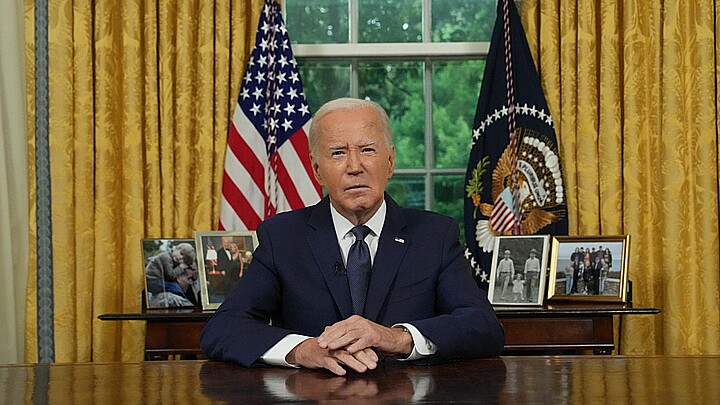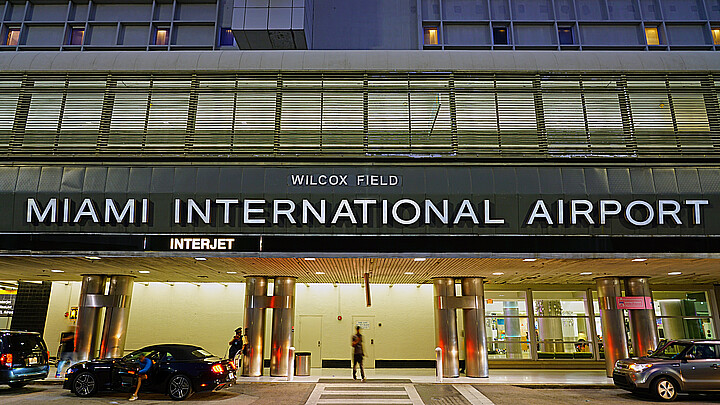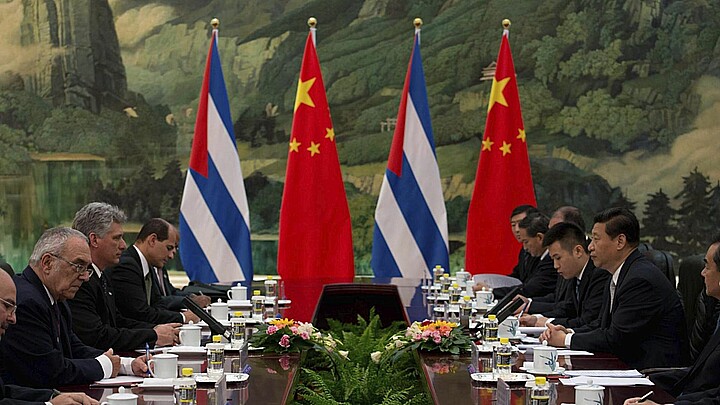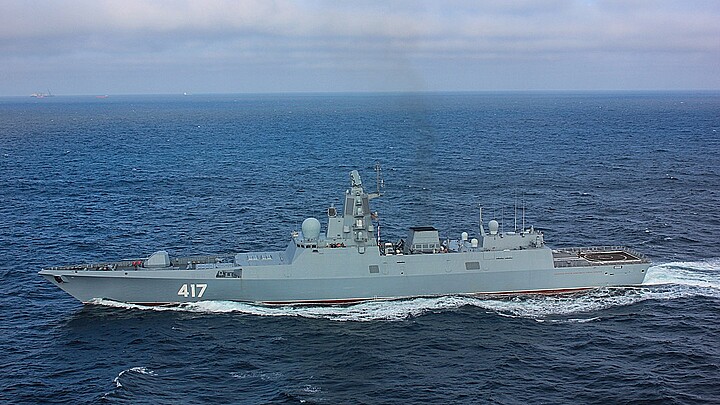Politics
Russia extends Cuban debt payments until 2027
Between 2006 and 2019, Russia offered the Cuban regime export credits worth $2.3 billion to finance projects for the island's economic development
February 22, 2022 2:24pm
Updated: February 22, 2022 5:46pm
Russia extended the payment of the Cuban regime's $2.3 million debt until 2027 on Tuesday.
On February 22, the State Duma— the lower house of the Russian Parliament—approved a regulation that allows an extension of payments from Cuba following a request submitted by the Russian government, the legislative body reported on its web page.
Between 2006 and 2019, Russia offered Cuba export credits worth $2.3 billion to finance projects in energy, metallurgical industry, transportation, and the supply of goods necessary to develop the island's economy, EFE news agency reported.
Since the beginning of 2020, Cuba practically stopped paying Russian credits, thus increasing its debts to commercial banks and exporting entities of the Eurasian country, added EFE.
The Cuban government requested a review of the terms of payment of the credits. Following the Russian Government's decision of August 7, 2021, the corresponding intergovernmental protocols were signed to extend the payment. According to Russia's latest decision, Cuba needs to pay its debt by December 15, 2027.
Cuba owes Russia around $57 million in debt and interest payments, a figure that was supposed to be paid between 2020 and 2021. However, with the new terms of payment, Russia will receive the debt payment between 2022 and 2027 with an additional disbursement of around $11 million, according to EFE.
In recent weeks, Russia has sent several loads of "donations" to Cuba amid controversy over Moscow's possible military deployment on the island.
A plane from Moscow arrived in Havana in mid-January with almost 20 tons of "medical supplies and medicines, worth 2 million dollars." So far, this is the fifth received as part of a cooperation agreement between the two countries that began last December 31 to fight the COVID-19 pandemic, Cubadebate reported.
Cuba’s First Deputy Minister of Foreign Trade and Investment, Ana Teresita González, thanked Russia on behalf of the Caribbean regime for the "valuable" donation in "an adverse situation due to the intensification of the U.S. blockade."
The Russian ambassador in Havana, Andrey Guskov, added that his government "will continue to support Cuba and will not cease to stand by its side." He also announced the arrival of a cargo ship with more than 19,000 tons of wheat.
Cuban President Miguel Díaz-Canel and Russian President Vladimir Putin spoke by telephone in January about the "strategic cooperation" between the two countries, the Kremlin reported. The leaders discussed "issues related to greater coordination of the actions of the two countries in the
Díaz-Canel, Cuba’s appointed president by General Raúl Castro, thanked Russia for the food, medicines, and medical equipment sent by Moscow. He added that relations between the two countries are "excellent" in a tweet.
On January 13, the island’s ruler and first secretary of the Communist Party of Cuba also thanked Russia for sending humanitarian aid. However, he did not mention the controversy surrounding a probable Russian military deployment to the island, following statements by Deputy Foreign Minister Sergei Ryabkov.
Ryabkov said he was not ruling out a deployment of "military infrastructure" in Cuba and Venezuela if Moscow's tensions with the United States escalate.
"I don't want to confirm anything or rule out anything (...). It depends on the actions of our American counterparts," the senior official said in an interview with the Russian channel RTVI.
Díaz-Canel has made no public mention of Ryabkov's comments, which provoked responses from NATO, the U.S. government, and the Cuban society.
In the wake of the scandal, Kremlin spokesman Dmitry Peskov avoided making statements on the possibility of Russia deploying missiles in Cuba and Venezuela but assured that Moscow is studying "how to guarantee its own security," reported EFE.










